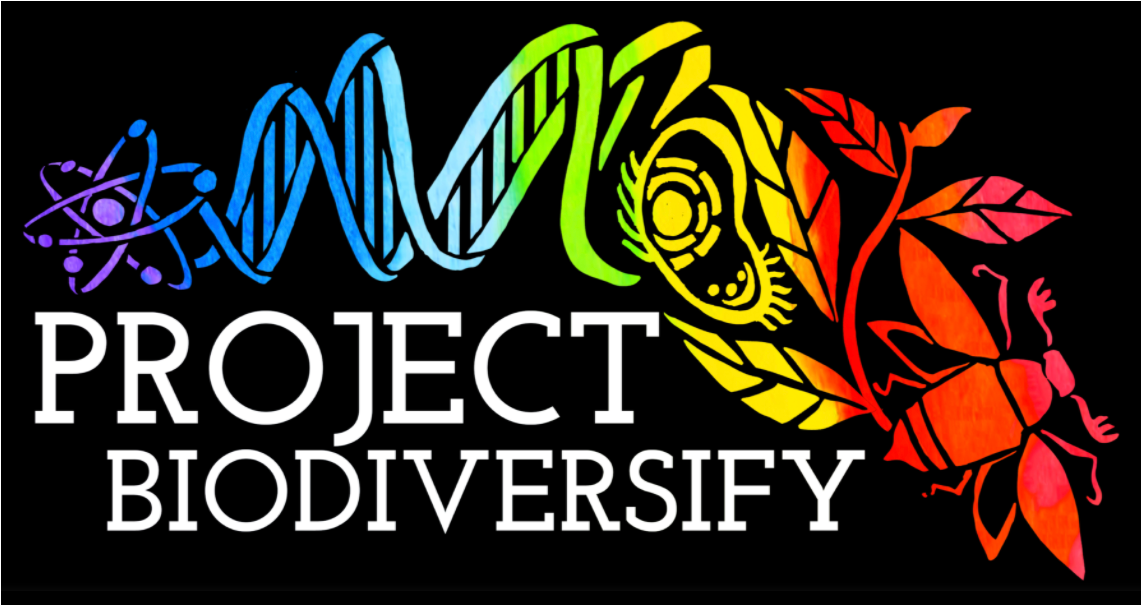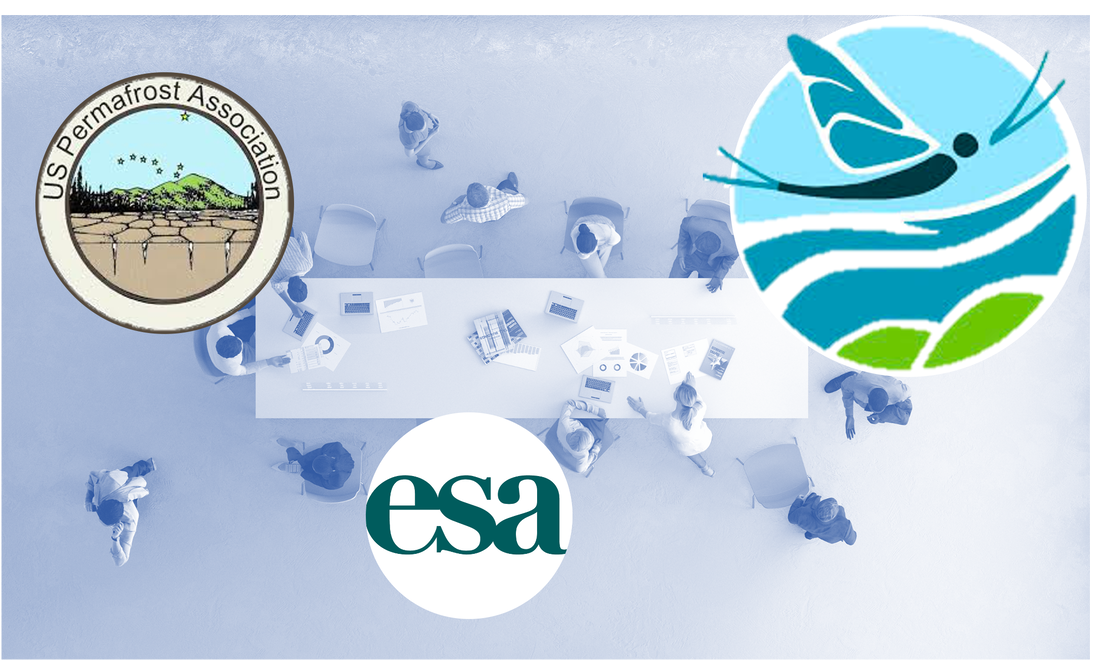Dr. Webster's Positionality Statement: My commitment to broadening participation in science and promoting equitable, just scientific practices is rooted in continually examining how human experience and biases influence our curricula, research, and institutions. As such, I believe that it is important to declare my positionality. I am a white, able-bodied, queer woman. I come from a relatively economically privileged and academically supportive household. I have experienced microaggressions in my pursuit of a quantitatively focused geoscience-allied career and macroaggressions as a queer woman. I am proud of the marginalized identities that I represent, but I recognize that I do not represent anywhere near the whole spectrum of human experiences. I thus work hard to continually listen to and uplift marginalized voices while finding ways to leverage my privileges for this work.
|
Project Biodiversify
Website | Blog Post | News & Events I am a director of Project Biodiversify, an initiative to diversify and advance an equity-focused lens in biology curricula. I co-found the Inclusive Pedagogy branch of the project, which trains educators in equity-focused, accurate, and effective methods for teaching topics in biology that inform understanding of marginalized backgrounds and identities. We currently offer workshops and other resources to improve how sex- and gender-related topics are taught in biology and have consulted for textbook companies and museums on these topics. We also offer workshops to help educators explore their positionality—how their experiences and identity influence their teaching, mentorship, and research. Invite us to give a workshop! We are exploring developing additional workshops on race, disability, and Indigenous knowledge in biology and welcome new partnerships to support these efforts. Contact us if you are interested! I also contribute to the Role Models branch of the project, which addresses the lack of role models many students encounter in science curricula. We are addressing this disparity by providing science educators with a crowd-sourced database of teaching slides highlighting on the research and life experiences of scientists from diverse backgrounds. Contribute to our slide repository! Evidence-based techniques from educational research are the foundation of this project. We are pushing educational research forward with research on course integrations of our materials and reviews of inclusive pedagogy. Publications:
|
Diversity, Equity, and Inclusion in Scientific Societies
Scientific societies and meetings bring together people working on related topics, thereby facilitating networking and career development and shaping the direction, culture, and ethics of their field. These spaces are thus ideal targets for creating structural change in STEM. I am dedicated to service in this area, including documenting progress and opportunities for DEI work in societies, providing road maps for improvement, and collecting and analyzing data on demographics and society culture. Related Service:
Publications:
Stakeholder-Driven Inquiry-Based Learning
Students are highly motivated to address complex sustainability challenges when presented with questions posed by real-world practitioners of land and water management. I teach students to work with real stakeholders not only to engage them, but also because it provides an opportunity to train students in how to respectfully engage with and listen to the communities our science serves. I designed and teach a class at Univ. of New Mexico called "Stakeholder-driven data analysis". This class connects students with environmental resource managers that have questions and large datasets for which they lack the time or quantitative tools to dig into themselves. I teach students new approaches in data analysis and statistics, and students provide stakeholders with reproducible methods, a technical report, and a plain language summary that answers their questions. See Media Coverage and an example syllabus here. |



